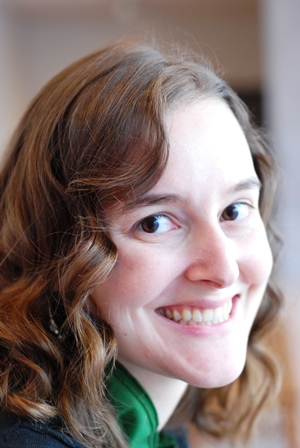Far from the Madding Crowd
1874 Thomas Hardy novel in film
Traditional power dynamics get the inside-out treatment in Thomas Vinterberg’s Far from the Madding Crowd, a historical film drama based on the 1874 novel by Thomas Hardy. The English author (most famous for Tess of the d’Urbervilles and Jude the Obscure) was about a hundred years ahead of his time as a feminist thinker. This sweeping rural opera makes an unforgettable case for giving Tess a break from the high school English class spotlight and letting Bathsheba Everdene, the heroine in Madding Crowd, have the reins for a change.
As romance-heavy as all that sounds, this isn’t your usual dances-and-horses costume drama.
Bathsheba (Carey Mulligan) is an over-educated young woman with no prospects for employment and zero interest in handing her freedom to a husband. In an opening voiceover, Bathsheba reveals she doesn’t like her name; since her parents are dead, she doesn’t know it comes from the biblical David’s tragic love triangle. When she inherits her uncle’s run-down estate farm, she seizes the chance to turn the farm’s fortunes around and astonish the local population. She attracts the attention of three suitors, but since she is in the rare position of not needing to marry, her suitors’ interests and competing personalities take front stage in the effort to convince her she even wants a husband.
As romance-heavy as all that sounds, this isn’t your usual dances-and-horses costume drama. There’s blood and heat, social injustice, dirt and tragedy, hope and regret. Carey Mulligan burns with life as Bathsheba, a riveting character who is just as flawed as she is strong and admirable. It’s no coincidence that her last name sounds so much like Katniss Everdeen, The Hunger Games’ complicated heroine extraordinaire. Hunger Games author Suzanne Collins is apparently a huge Thomas Hardy fan, and knowing that, it’s fun trying to spot the little bits of character inspiration she might have gleaned from novels like Madding Crowd.
Ms. Everdene’s suitors are mostly well-cast. In order of their appearance, Matthias Schoenaerts as sheep farmer Gabriel Oak is a steady, quiet presence throughout the film. The excellent Michael Sheen plays mature landowner William Boldwood with a combination of fierce protectiveness and vulnerability. Only Tom Sturridge as Sergeant Frank Troy falls a little flat. The actor does a fine job with his character’s emotional trajectory, but with his pretty face and fine-boned frame, it’s hard to buy him as the masculine lover and soldier he’s suggested to be.
The best part (for those of us who never read the novel) is that the film is very slow to show its hand—who will Bathsheba choose? Will she choose anyone at all? What will happen to her farm, and how will the other narrative threads play out? From the very beginning, the film puts most assumptions out to pasture. Nothing plays out quite as one might expect.
Vinterberg paints this rural Victorian farming community with a forgiving hand, depicting a world with smudged social lines between workers and masters, although some boundaries remain impossible to bridge. Likewise, the music ranges from stirring orchestral numbers to English folk songs sung by the cast without accompaniment. Those folk songs are part of the blurring process, a shared experience for commoner and landowner alike.
Much has been made of the film’s dubious tagline “based on Thomas Hardy’s least depressing novel,” but in spite of the losses and, yes, depressing elements, Far from the Madding Crowd is a joy to watch. The title is an ironic literary joke on Hardy’s part—lifted directly from an 18th-century poem with an over-idealized view of rural life as a refuge from the urban “madding crowd.” By contrast, Hardy’s and Vinterburg’s countryside is a seething, breathing kaleidoscope of competing interests and desires. Far from urban crowds? Yes. Far from the heartbeat of life? Not hardly.
Far from the Madding Crowd is rated PG-13 for some sexuality and violence.




